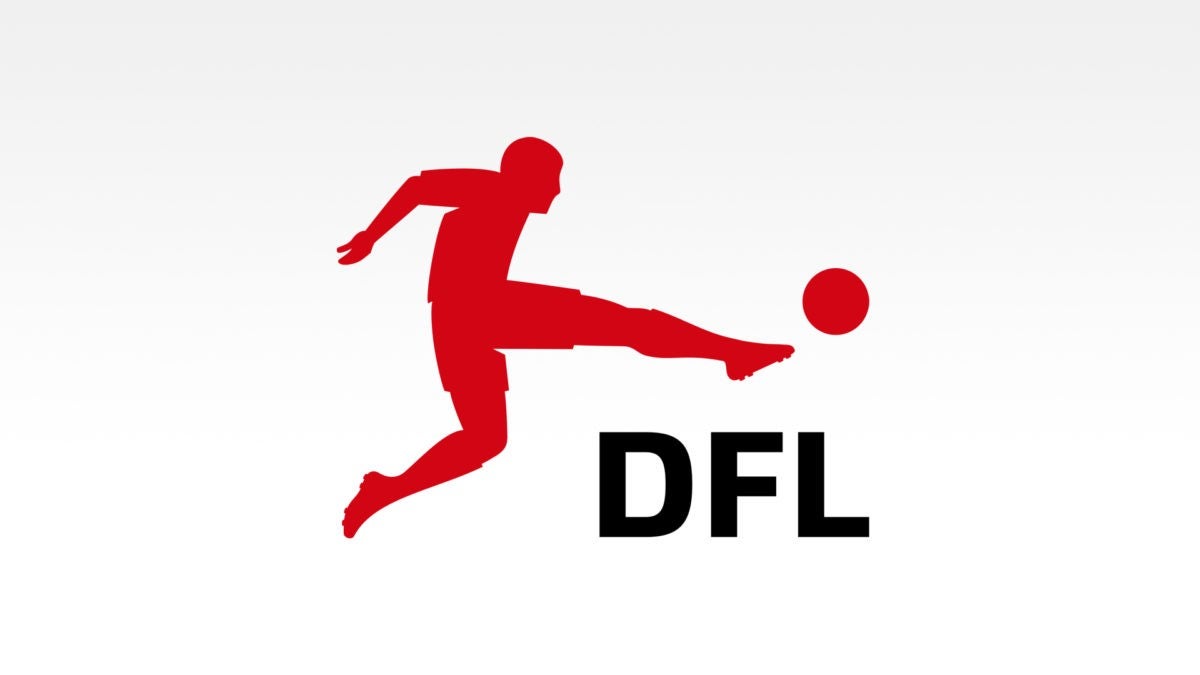
The DFL, the German soccer league body, has narrowed its search for a strategic marketing partner to two private equity groups – CVC Capital Partners and Blackstone.
The decision to continue talks with the two companies was made unanimously on Wednesday (January 17) by the DFL board following a meeting in Frankfurt where the three interested parties, including EQT, presented their proposals to the league’s management.
The decision was then taken to eliminate EQT from the process as its offer was not deemed suitable by the DFL.
Further negotiations will now take place in the coming weeks with CVC and Blackstone.
In December, the DFL executive committee reduced the group from five to three interested parties, before holding further discussions and management presentations with the three potential partners.
The DFL stated that on this basis, the interested parties revised their initial offers submitted in November and submitted new confirmatory bids on time in January which met the criteria it set “both economically and in terms of content” last month.

US Tariffs are shifting - will you react or anticipate?
Don’t let policy changes catch you off guard. Stay proactive with real-time data and expert analysis.
By GlobalDataIn a statement, the DFL said: “The basis for the subsequent decision is the evaluation criteria adopted by the executive committee and presented at the general meeting.
“This includes the financial conditions of the current offers as well as the fulfillment of the DFL requirements in the area of governance, in which the strictly limited co-determination of a possible partner is clearly regulated. In addition, the added value to be brought in by a partner is of central importance and has been incorporated into the current decision as another essential criterion.
“This includes in-depth knowledge of and existing structures in international media markets, a network among global media companies and other corporations from various sectors of the economy to improve market access, as well as expertise in the successful development of digital platforms. With these and other added values, a partner should support the efforts of the league and clubs to further develop the DFL business model.”
The next step of the process will be a due diligence phase, while “further examination of the partner's added value” will be carried out in the coming weeks.
The DFL was finally given the go-ahead to begin talks with potential investors after clubs in the top-flight Bundesliga and second-tier 2. Bundesliga narrowly voted in favor of the move on December 11.
Of the 36 clubs that comprise the top two divisions, 24 voted in favor, achieving the required two-thirds majority by just one vote. Ten voted against, while two abstained in the secret ballot.
This marked the second attempt by the DFL to secure outside investment this year after clubs previously voted against the idea last May.
The potential deal will see the DFL sell a maximum stake of 8% in a new subsidiary that will manage the league’s media rights. The body will seek an investment of up to €1 billion ($1.09 billion) in the entity.
The league hopes to use 40% of the generated revenue for digitalization and 45% to improve the infrastructure of the 36 teams. The remaining 15% would be free to use by the individual clubs.
It was always envisaged that a potential sale of a share in the DFL’s media rights would have to be concluded before April as the league will go to market with its next cycle of domestic broadcasting rights for the 2025-2026 to 2028-2029 seasons.
In November, the DFL revealed several guidelines – which it called "red lines" – and made it clear that it will not sell a share in its organization but will offer "a temporary minority interest in licensing revenue from the sale of the DFL's commercial rights to safeguard the clubs’ interests."
The league stated that models of this kind are not new in soccer and pointed to how clubs have used marketing partners to provide support over the last 20 years. The Sportfive agency, for example, is a prominent player in the Bundesliga in this area and works with several clubs.
The DFL also outlined that once the temporary minority interest expires, the licensed rights would automatically return to the body.
The DFL’s joint chief executives Marc Lenz and Steffen Merkel have been strongly advocating for outside investment since taking charge last year and are mainly focused on the “long-term development” of German soccer.
Germany’s biggest clubs, Bayern Munich and Borussia Dortmund, are also in favor of securing an investment deal to grow the international appeal of the Bundesliga.



